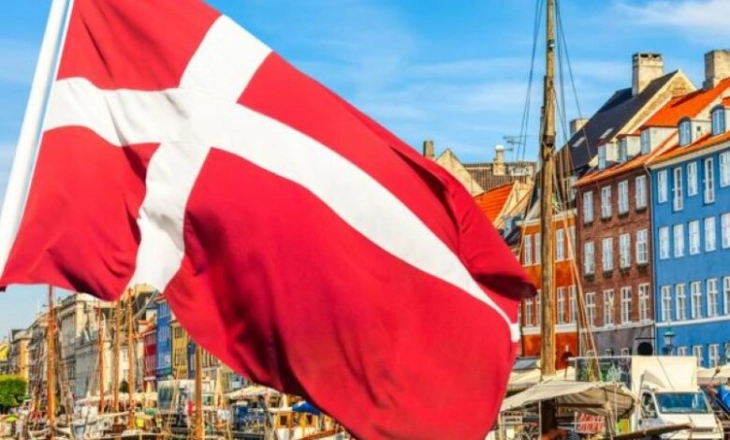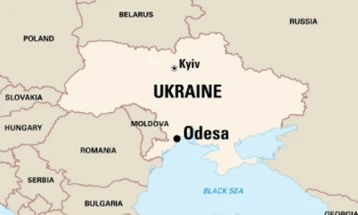Denmark agrees far-reaching emissions policies
- The Danish government has presented a broad agreement on implementing far-reaching measures to cut greenhouse gas emissions and undertake other policies to limit damage to the environment.

Copenhagen, 18 November 2024 (dpa/MIA) – The Danish government has presented a broad agreement on implementing far-reaching measures to cut greenhouse gas emissions and undertake other policies to limit damage to the environment.
Jeppe Bruus and the heads of several parliamentary parties put forward the measures on Monday after weeks of at times difficult negotiations.
They include the world's first CO2 emissions levy for agriculture, limits on the emission of nitrogen compounds and providing for more woodland and biodiversity.
Bruus termed the deal a "gigantic" agreement that would cost around 43 billion Danish krone ($6.1 billion). His "Green Tripartite Ministry" said it would lead to "the biggest change in the Danish landscape in more than 100 years."
The ministry was created to coordinate implementation of agreements reached between representatives from agriculture and conservationists in the summer. They are intended to help Denmark attain its target of cutting greenhouse gas emissions by 70% by 2030 compared with 1990.
Denmark will be the first country in the world to introduce a CO2 levy for agriculture, Climate Minister Lars Aagaard said. The levy will rise from 300 krone per ton in 2030 to 750 krone from 2035. After deduction of an allowance, the final amount will come to 120 and 300 krone.
Around 250,000 hectares of woodland are to be created, along with 140,000 hectares of carbon-rich lowlands that will no longer be farmed.
Aquatic life in Danish coastal waters, which have been heavily impacted by agricultural nitrogen compounds, are to be improved, along with measures to promote increased biodiversity and the protection of drinking water.
There was controversy on the nitrogen measures before agreement was reached on a cut in emissions by 13,780 tons per year that excludes the Baltic Sea island of Bornholm, as some of the emissions there derive from Denmark's neighbours.
Bruus said that countries like Germany and Sweden would be urged to take greater responsibly for the marine environment.
MIA file photo











